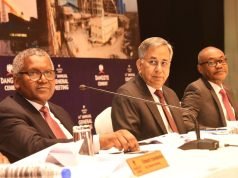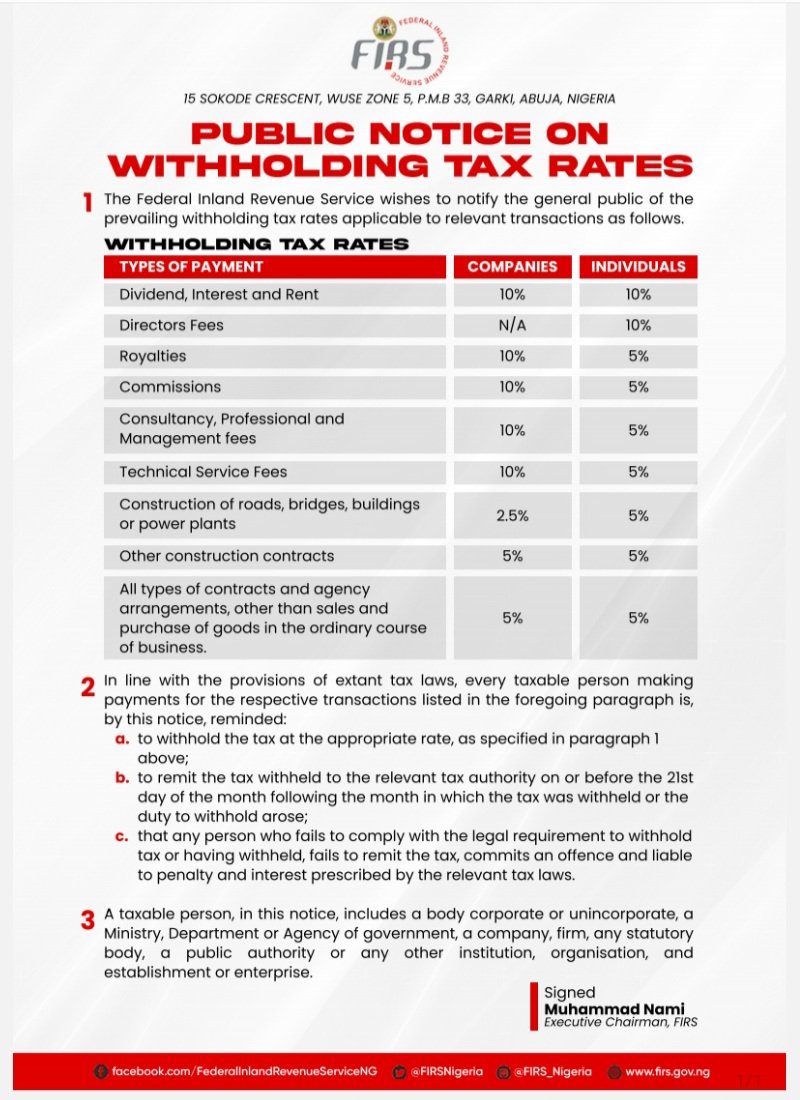
Nigerian Federal Government is considering the adoption of what has been termed ‘zero oil plan’ as presented to it by the Nigerian Export Promotion Council (NEPC).
In its presentation to the National Economic Council (NEC) meeting presided over by Vice President Yemi Osinbajo, the NEPC talked about a plan to restructure the Nigerian economy to survive without crude oil.
“The plan is called the zero oil plan,” the NEPC said even as it drew attention to the fact the pan is necessary in view of what it called ‘sharpest falls of export revenues’ in history of the country.
Nigeria, it said, lost over $100 billion (N30 trillion) of national export revenue between 2015 to 2017 due to the crashing oil prices, which resultant effect was recession.
The Council stressed the need to rapidly ramp up non-oil exports as the nation’s future earnings from crude oil faces significant headwinds.
“The zero oil plan aims at earning at least $30 billion from non-oil sources in the near to medium term as against the current earnings of about $5 billion.
“The objectives of zero oil plan is to add $150 billion to Nigeria foreign reserves the next 10 years, create 500,000 jobs, lift 10 million Nigerians out of poverty and integrate each state of the federation into the export value chain.
“The focus of the plan is on the export of the following crops – rice, wheat, corn, palm oil, rubber, hides and skin, sugar, soya beans and automotive parts among others.
“Destination countries for our exports include: Netherlands, China, Iran, Germany, United KIngdom, France, Sapin, Italy, India, Saudi Arabia, among others.”
Also the Nigerian Export-Import Bank (NEXIM) presented report on the “States Export Development Initiative” being pursued as a medium to long-term strategic plan. It is also aimed at stimulating and increasing deliberate funding intervention to SMEs in the non-oil sector for attainment of its objectives.
It said that the major objectives of the initiative is contributing to the implementation of economic policies of the country, like the ERGP and Agricultural Promotion Policy, among others.
It added that the initiative is built on schematic transaction dynamics with key features like provision of a dedicated funding of a minimum of N5 billion as a pilot phase with window for other facilities and partnership for transactional support.
The initiative, it said, will help re-awaken the business consciousness of the states towards export and value added production especially in the areas of manufacturing, agro-processing and solid minerals.
Report was also presented to NEC on Special Economic Zones as Tools for Rapid Economic Development by Nigerian Export Zones Authority (NEPZA)
The Managing Director of NEPZA who briefed council on the need to have more special economic zones in addition to the Calabar Free Trade Zone, said that the major defect in Calabar Free Trade Zone is that the zones have not been linked to the Calabar Port and that there is urgent need to do so in order to make the zone a lot more effective.
“Partnership between the federal and state governments as well as the private sector is needed. He urged council to ensure that the location of free trade zones should be done strictly on business consideration and not political considerations.”
The Managing Director asked council to provide incentives for free trade zones to include linkage to rail line, expressways, close proximity to utilities, airports among others.[myad]








